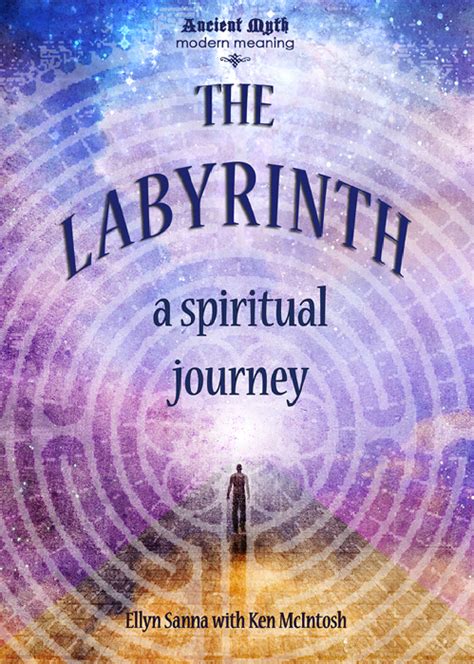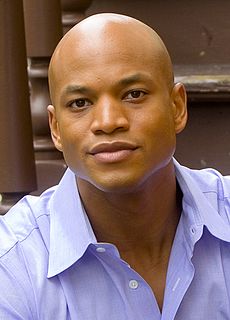A Quote by J. C. Ryle
Let us never measure our religion by that of others, and think we are doing enough if we have gone beyond our neighbors.
Related Quotes
When we work so hard at our preparations for Christmas, we often feel cheated and frustrated when others fail to notice the results of our efforts. We need to ask ourselves why we are doing the things we choose to do. If love motivates us-love for our families, for our neighbors - then we are free to simply enjoy the actual process of what we do, rather than requiring the approval and admiration of others for the results of our labors.
The Savior’s words are simple, yet their meaning is profound and deeply significant. We are to love God and to love and care for our neighbors as ourselves. Imagine what good we can do in the world if we all join together, united as followers of Christ, anxiously and busily responding to the needs of others and serving those around us — our families, our friends, our neighbors, our fellow citizens.
Our sense of identity is in large measure conferred on us by others in the ways they treat or mistreat us, recognize or ignore us, praise us or punish us. Some people make us timid and shy; others elicit our sex appeal and dominance. In some groups we are made leaders, while in others we are reduced to being followers. We come to live up to or down to the expectations others have of us.
I testify to you that our promised blessings are beyond measure. Though the storm clouds may gather, though the rains may pour down upon us, our knowledge of the gospel and our love of our Heavenly Father and Savior will comfort and sustain us and bring joy to our hearts as we walk uprightly and keep the commandments. There will be nothing in this world that can defeat us.
Do you think that we're products of our environments? I think so, or maybe products of our expectations. Others' expectations of us or our expectations. I mean others' expectations that you take on as your own. I realize how difficult it is to seperate the two. The expectations that others place on us help us form our expectations of ourselves.
The fact is, is that Americans don't hate their Muslim neighbors. They don't hate their Latino neighbors. We have got to build human solidarity in this country, because human solidarity is what's going to allow us to come together to protect our democracy and to protect our economy. So reject the hate. Turn it away. Don't buy it. And reach out to a neighbor. Trump is trying to sow division so that he can distract us from what he's doing to us.
If we are looking for insurance against want and oppression, we will find it only in our neighbors' prosperity and goodwill and, beyond that, in the good health of our worldly places, our homelands. If we were sincerely looking for a place of safety, for real security and success, then we would begin to turn to our communities - and not the communities simply of our human neighbors but also of the water, earth, and air, the plants and animals, all the creatures with whom our local life is shared. (pg. 59, "Racism and the Economy")
Before making peace, war is necessary, and that war must be made with our self. Our worst enemy is our self: our faults, our weaknesses, our limitations. And our mind is such a traitor! What does it? It covers our faults even from our own eyes, and points out to us the reason for all our difficulties: others! So it constantly deludes us, keeping us unaware of the real enemy, and pushes us towards those others to fight them, showing them to us as our enemies.
When we become more fully aware that our success is due in large measure to the loyalty, helpfulness, and encouragement we have received from others, our desire grows to pass on similar gifts. Gratitude spurs us on to prove ourselves worthy of what others have done for us. The spirit of gratitude is a powerful energizer.
We can never put enough distance between ourselves and what we love. To think that God is, is still to think of him as present; this is a thought according to our measure, destined only to console us. It is much more fitting to think that God is not, just as we must love him purely enough that we could be indifferent to the fact that he should not be. It is for this reason that the atheist is closer to God than the believer.





































